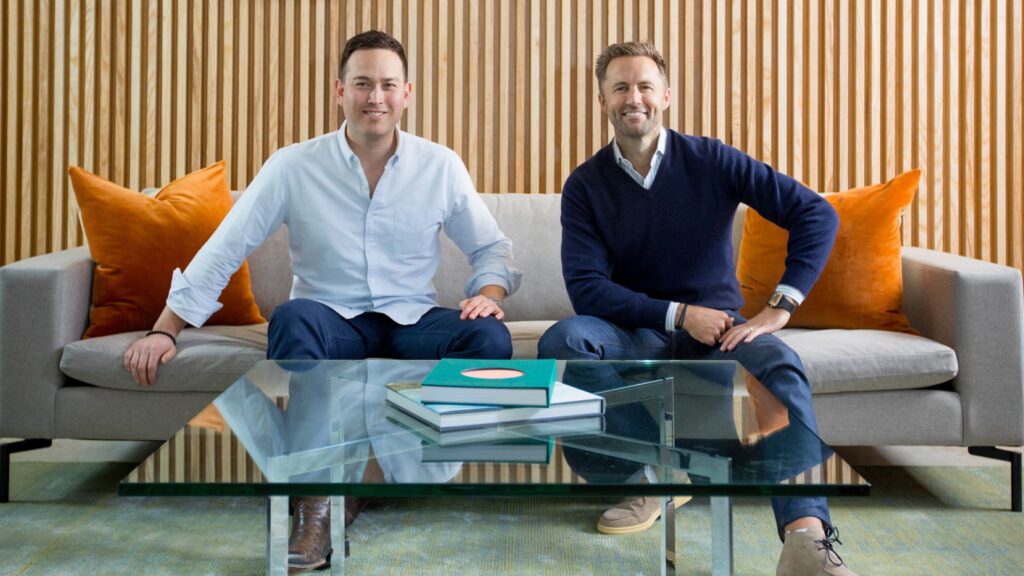Melbourne O’Banion, co-founder and CEO of Bestow, founded the Dallas company with Jonathan Abelmann three years ago after having started two other insurance-related companies.
The goal? Digitizing what has been traditionally an analog product. O’Banion estimates 85 percent of Bestow applicants are new to life insurance. The company’s platform enables a majority of customers to buy a policy right from their mobile device in as little as five minutes, without a phone screening, doctor’s visit or blood test.
“Our vision we had when founding, is that a dislocation exists in the consumer demand for life, but yet they don’t go purchase it,” said O’Banion. “That metric of being first-time purchasers is something we track closely and is indicative of us finding new distribution channels to sell into new cohorts.”
Bestow’s median customer age is 39, and a healthy 35-year old female can purchase $500,000 in coverage over a 20-year policy for as little as $22.50 per month, he said.
The Series C funding came from a group of new and existing investors, including Breyer Capital, Valar Ventures, New Enterprise Associates, Core Innovation Ventures, Morpheus Ventures and Sammons Financial. In total, Bestow has raised $145 million, including a $50 million Series B led by Valar, according to Crunchbase data.
Bestow has hit a number of milestones in the second half of the year. Buoyed by sales increases of more than 450 percent year over year, the company made its first acquisition of Centurion Life Insurance in December to become a national carrier. It also launched its Protect API product while additionally expanding into fintech and independent agent channels.
O’Banion intends to use the funding to launch new products in 2021, as well as scale its platform services and distribution channels. This year, the company hired more than 70 new team members and rounded out its leadership team. Next year, he expects to grow the workforce significantly, up to approximately 200, especially on engineering and customer service.
He estimates the life insurance market to include $150 billion in potential premiums in the U.S. alone.
“There are tens of millions of people who have dependents, and we have learned this year that American households are fragile,” O’Banion said. “They don’t have the tens of thousands or hundreds of thousands should tragedy happen. We offer a product that, should someone pass away, provides a bridge for the future.
Source: Crunchbase
Share this article:
Share on facebook
Share on twitter
Share on linkedin









